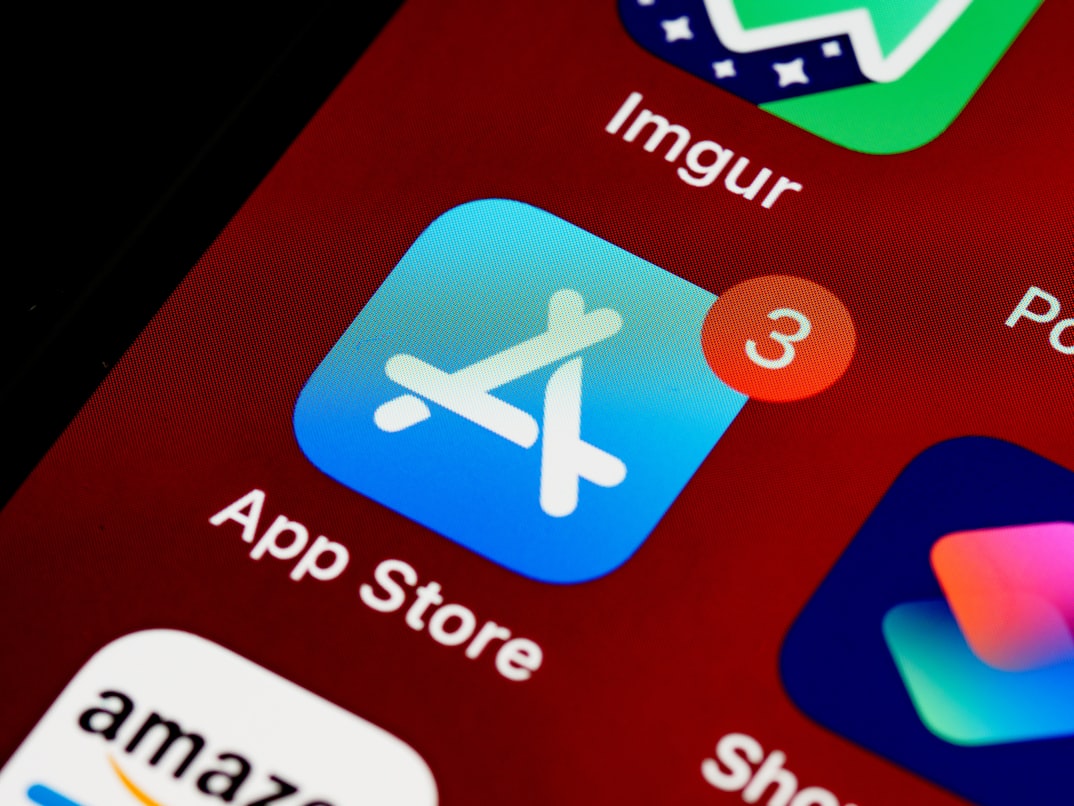
Now might be the time to get the new job you’ve always wanted. The Office of National Statistics reported in January that “The number of job vacancies in October to December 2021 rose to a new record of 1,247,000”. In some areas, however, things are still very competitive and it takes that little bit extra to stand out.
One skill employers always look for proficiency in is MS Excel, because the software is extremely versatile and able to be turned to almost any task. It is also very widely used, in all types of industries including HR, Marketing, Retail and more. This is due to the depth of functionality that Excel has, being able to do everything from calculating, to sorting, organising and evaluating data, to providing business insights through easy to understand charts and visualisations. It is the default tool in almost every organisation, used by everyone from entry-level employees to senior staff.
Whether you’re an employee trying to stand out from the crowd or an employer trying to raise productivity in your workplace, here are our top 5 reasons Excel should be your next step in education:
Improving efficiency in the workplace
Since Excel allows you to manipulate large amounts of data and even automate any data processing that takes place, it is easy to save hours of repetitive work. Tasks that take hours or days can be accomplished in minutes if you know how to access the correct tool in Excel. The greater your knowledge the more work that can be done speedily and efficiently, simply by accessing the sophisticated tools that Excel puts at your disposal.
Knowledge of Excel will also help you stand out to prospective employers, or, perhaps, increase the appreciation that your present employer has for you, and give you a helping hand towards that promotion you are after.
Takes the strain off the IT support
In some organisations, where the workforce does not have a good knowledge of Excel, IT support may be required to help with ordinary, day to day work-tasks. This means that the individual may be unproductive whilst waiting for help from IT and the support staff’s time is taken up in solving an issue that wouldn’t even arise if the staff member had had some elementary training. Two staff members time are wasted on something trivial and very easily solvable. For both employees and employers, just a small amount of the right training is invaluable.
Can Save the Company Money
It might be that the company will at some point require someone with strong Excel skills. We live in an increasing data driven society, after all. At this point it would be far more cost effective for the employer to invest in their current staff. These are the people who have knowledge of, and commitment to, the company and could use that knowledge to uncover some money-making insights, if they only had the skills. Hiring someone already proficient in Excel will be time-consuming and costly. And it will take that person literally years to gain the knowledge and understanding of the business that current employees already have. Training is an investment of a few days that provides an excellent return in terms of workflow and productivity.
Creates Higher Satisfaction for Employees
Performing tasks in Excel without the proper training can mean that employees have a much higher workload than they really should, because they are not able to access the functionality contained in the programme. This, in turn, can lead to a team feeling unmotivated, with lower job satisfaction, even pressured and stressed because they may feel that they aren’t fully equipped for the task. Providing advanced Excel training for your team will increase both their motivation and productivity and your turnover. And, because they are being trained and valued, employee retention will be high.
Making Yourself Necessary
The more efficient you become as a worker and the more time you save on the normal, everyday tasks, the more you will graduate to higher levels. Continuing your training to Excel advanced level can make you almost irreplaceable. Developing new skills helps you stay on top of your game and is a win-win for both the employee and the employer.
If you’re looking for training for yourself or your employees, we offer Excel courses at three levels, catered for your pre-existing knowledge and experience.








